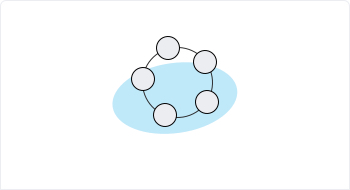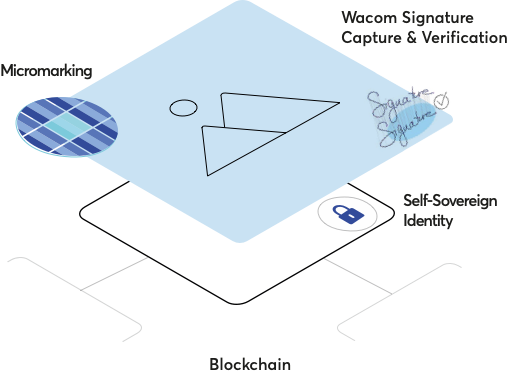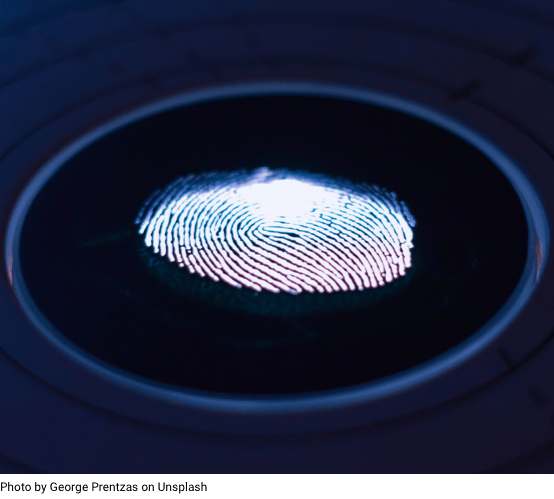
Permanent Records
Artists have a permanent record of their creation that can be directly accessed from the content itself.

In partnership with leading technology companies, startups and creative professionals, Wacom launched the Creative Rights Initiative (CRI) to help artists protect and maximize the value of their creations.
The purpose of the CRI is to give artists around the world permanent, incorruptible proof of authorship. This is achieved by providing each artwork with a unique digital ID that does not require verification by a third-party to prove its authenticity.


The CRI’s mission is to empower artists to reliably and definitively prove authorship of their creative work in the digital realm. We enable this with a robust, scalable and easy-to-use framework for registering and protecting artworks that is open to anyone, and not controlled by any single entity. As a result, it is easier for artists to protect, license, share, collaborate on, store, trade and exhibit their work without fear of fraud, misuse or copyright infringement.

Permanent Records
Artists have a permanent record of their creation that can be directly accessed from the content itself.

Proof of creation
Along with registration, the CRI also enables artists to additionally include proofs of their creation events.

Licenses
The CRI enables real world licensing mechanisms to empower creatives to securely delegate usage, development and exclusive rights to their content.

Collaboration
The CRI enables artists to collaborate using a legal framework that establishes trust and protects the interests of artists while working together.

Digital Exchange
CRI records can help strengthen exchanges through digital tokens (e.g. NFTs) by verifying the legal rights of the content from the author, and can also delegate legal rights to the tokens.

Portfolio
The CRI helps artists build a portfolio that can be trusted and acts a repository for their creations.

The CRI is based on Web 3.0 technologies:
Unique, invisible micromark embedded into the content that represents a digital ID. This ensures a direct reference from the content to its ID on the relational web and which is linked to its creators.
Provides a digital identity for the content and a cryptographically secure link into the relational web using open standards.
Wacom signature capture and verification technologies provide a strong biometric connection between the creator’s signature and the digital content.
An ecologically-friendly hybrid blockchain approach ensures permanent records without proof of work transactions that consume a lot of energy. Distributed private blockchain nodes are hosted by CRI platform partners for increased security and reliability.

For artists, the first way they can engage with the CRI is Yuify. An easy-to-use service that generates a permanent, provable digital record of authorship relating to a specific work. This record helps to protect the commercial integrity of their creations through easy management of usage rights and legally-binding license permissions.
Yuify provides artists with a smooth content registration workflow. It enables them to add content to platforms managed by CRI partners and connect it to Yuify for full project and license management. In so doing, the technology behind the platform creates a unique digital ID for each piece of artwork and embeds it in the relevant export file. This ID can be accessed and viewed via the Yuify platform or a partner’s application, using the “Yuifinder” search tool. As a result, anybody can trace a piece of art back to a specific artist via the platform.
The real power of the CRI lies in collective innovation. That’s why we’re always looking for new partners interested in helping us protect the rights of creative artists around the world.
If you’re a creative application owner or are interested in any aspect of the CRI initiative, we’d love to hear from you to discuss potential use cases and collaboration opportunities.